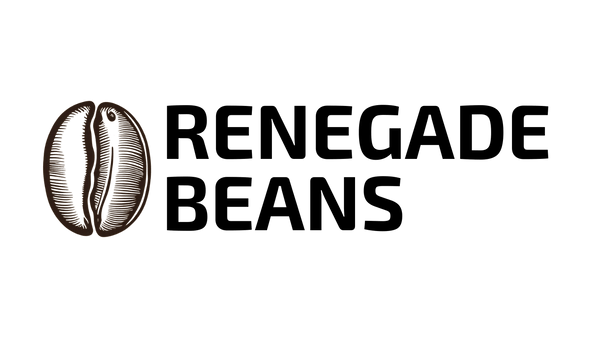MADAGASCAR – DAY 10. We’re starting a bank.
Share with others
But let’s start from the beginning. After five days in the coffee villages, we tried to summarise our thoughts and emotions. On the very same day we arrived in Madagascar, protests began – a youth-led revolution for a better future. In fact, since gaining independence in 1960, the country has already seen five “republics”. Meaning five revolutions or waves of unrest that have brought new rulers or new systems, but so far, none have led to lasting improvements in living conditions.
We’ve never seen the Renegade project as a charity. We’re not here to save the world. We look for communities caught in the gears of progress and economic logic. Those who want to help themselves and whom we can support with our skills and experience. So who are the people and the community here that we could actually help? And how?
In many ways, the country still lives much as it did 50 or even 80 years ago. Some areas have no electricity, the roads are mostly in terrible condition, and in villages there’s neither radio nor television. Mobile networks exist, but outside the larger towns most people still use basic button phones. When we asked in Andemaka what they thought of the protests in the capital, it turned out they hadn’t even heard about them.
From the very beginning, one question kept circling in our heads – what could we actually do here that would have even the slightest effect on the bigger picture? In Daga, the problem, the challenges, and the possible solutions were all somewhat clear. But here, the knot of issues is so deep and complex that it’s hard to see what could even begin to help. At times, it’s been difficult to tell whether the farmers themselves even realise they have a problem (a problem being the gap between reality and the desired state) or whether they’ve simply become so used to their circumstances that it has turned into a way of life.
We’ve never seen the Renegade project as charity. We’re not here to save the world. We look for communities caught in the gears of progress and economic logic. Those who want to help themselves and whom we can support with our skills and experience. So who are the people and the community here that we could actually help? And how?
What’s clear is that the current way of life in Madagascar’s coffee villages isn’t sustainable. It’s also clear that it’s neither our role nor our capacity to solve local corruption issues or educate people about family planning. And if most coffee farmers today are in such a situation that they can’t even imagine things being different, then wouldn’t it be easier to shrug our shoulders and move on? Like most local politicians and many potential foreign investors who have passed through here... Too hard, too complicated? Indeed, it would make perfect sense to leave it at that and say it was a nice adventure.
But in the end, every country and every project is unique and Renegade paths begin where “reasonable” people stop. Eventually, we came up with an idea to try to rewrite the rules of the game in a way that might let the seeds of change start to grow. So what if we established, based on a couple of villages, a “bank”, half-jokingly, Banky Mpamboly Kafe (Coffee Farmers’ Bank). Okay, not a real bank, but essentially a microfinancing and prepayment system secured by coffee, so farmers wouldn’t have to pick unripe cherries just because they’re short on money. On top of that, we’d try to connect the various existing, but currently low-impact projects, to build a stronger support network.
How it could all actually work – that’s for the next post.
P.S. No – we’re not planning to take over Madagascar’s banking sector or start a new fintech company. Even our madness has limits. We’re talking about a small model in one specific area, to try to prove that sustainable change is possible. The butterfly effect.
